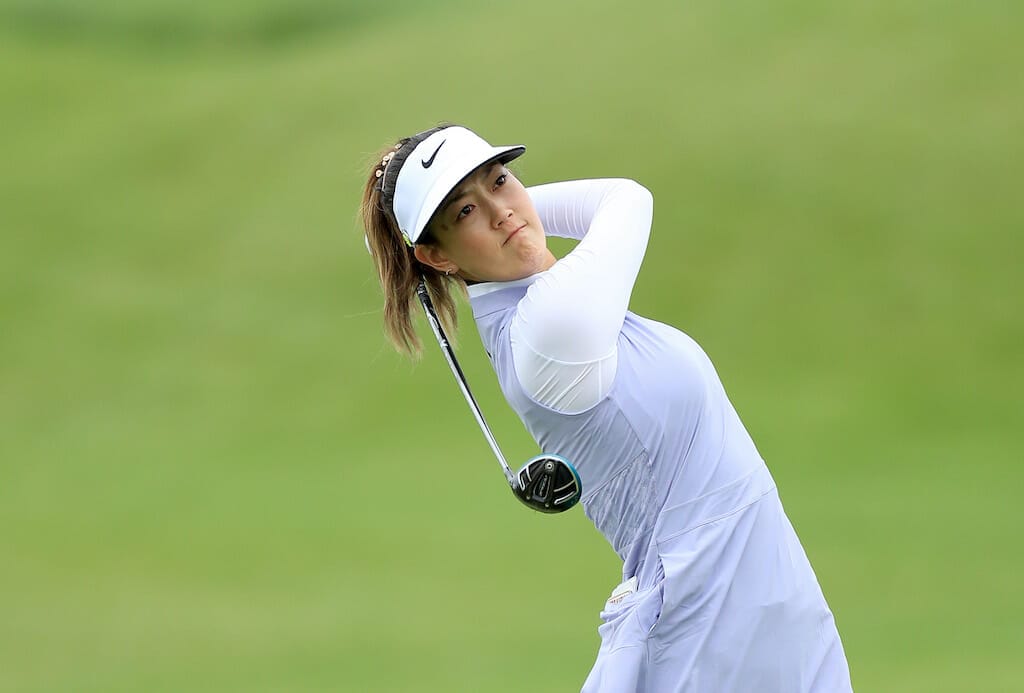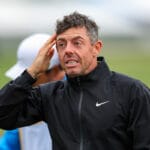It’s the story that has transcended sport this week; tennis star Naomi Osaka’s decision to withdraw from the French Open after revealing she’s been suffering from anxiety and mental health issues since 2018.
Explaining that she was feeling particularly anxious about facing the media in the lead up to Roland Garros, Osaka had hoped to play the Grand Slam while bypassing media duties but saw her request rebuked with threats of a $15,000 fine and suspension by officials, leading her to pull out of the competition altogether.
— NaomiOsaka大坂なおみ (@naomiosaka) May 31, 2021
The decision has bizarrely divided opinion. While it is OK for a player to skip press duties when physically injured, it seems, in the mind’s of people like ‘controversial for the sake of it’ Piers Morgan’s head, that it’s not OK to do the same when one’s mental health is in the toilet.
It highlights how far the sporting world still has to travel when it comes to understanding mental illness and having gone through her own troubles in the past, golf star Michelle Wie West has added her voice of support behind Osaka, describing the highest-paid sportswoman in the world’s decision as “incredibly brave” ahead of this week’s US Women’s Open.
“My lows have definitely been well-documented throughout the years, and there have been a lot of tough times,” said Wie West. “I thought what Naomi did this past week was incredibly brave. I also understand that part of being an athlete is speaking to the media because that’s how the tournaments get done is through the media coverage.
“From a player perspective, I am totally understanding. I do get anxiety talking to media like right before it because I know it’s the same questions every week. You guys are just doing your job, and I really appreciate that. I really appreciate the media covering women’s sports in general.
“Definitely as a player, it gets tough, especially after having a bad round. The last thing you want to do is talk to anyone. So it’s tough, especially when you’re not doing well, or there’s a lot more to life than your game. There could be other stuff happening.
“It is sometimes crippling at times, but I’m really proud of athletes taking charge of their mental health and making it a priority. More conversations need to be had about that.”
























Leave a comment